In this third and final article in a series on philosophy and science, we look at how modern science shows the validity of dialectical processes and how this can help guide science.
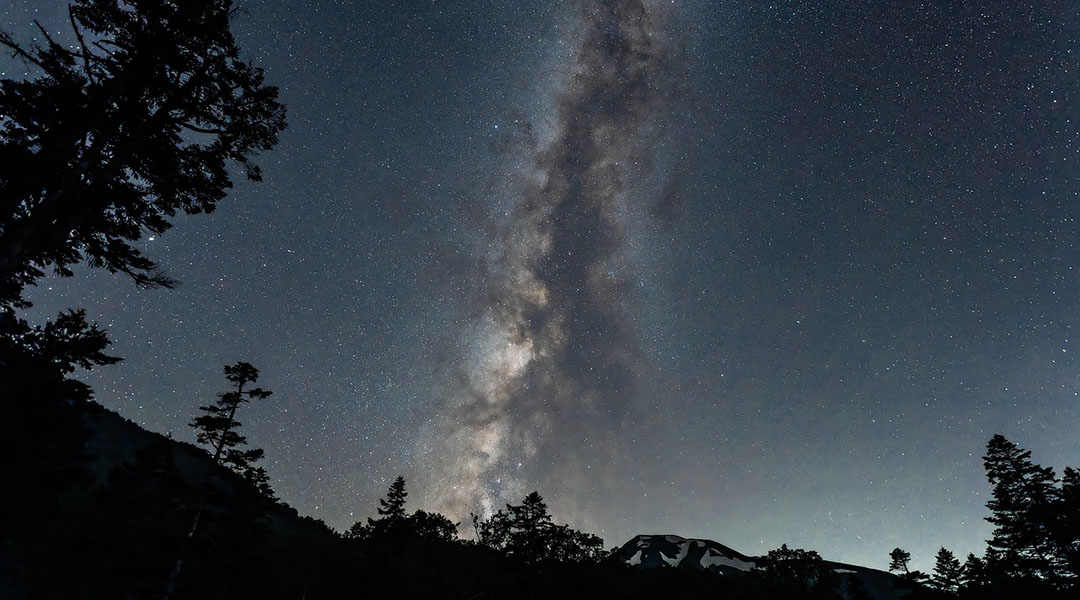

In this third and final article in a series on philosophy and science, we look at how modern science shows the validity of dialectical processes and how this can help guide science.
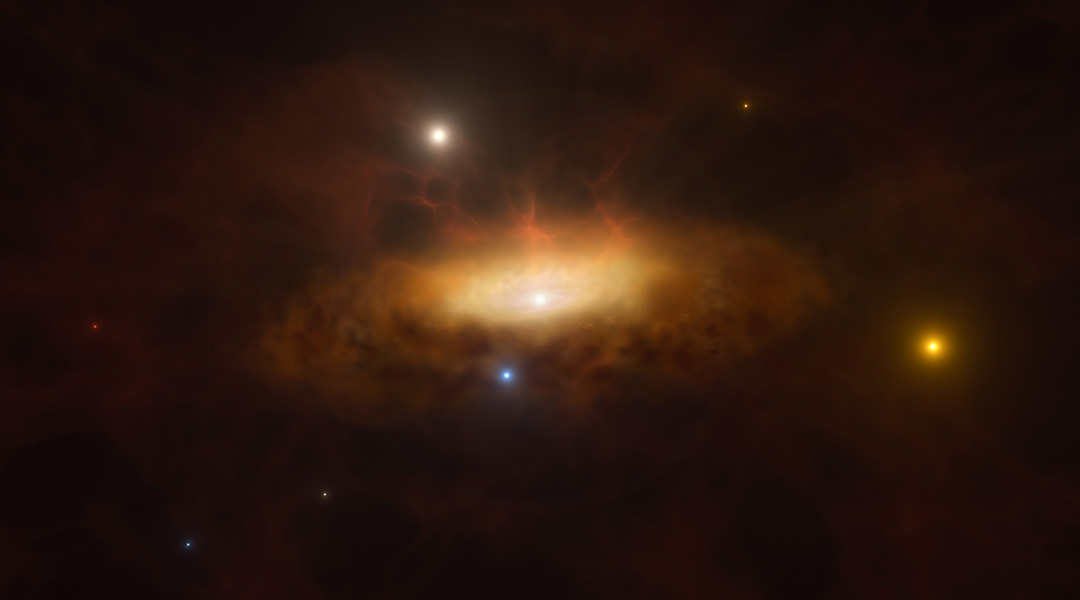
Imagine observing a distant galaxy for years when suddenly its core begins exhibiting unprecedented changes.
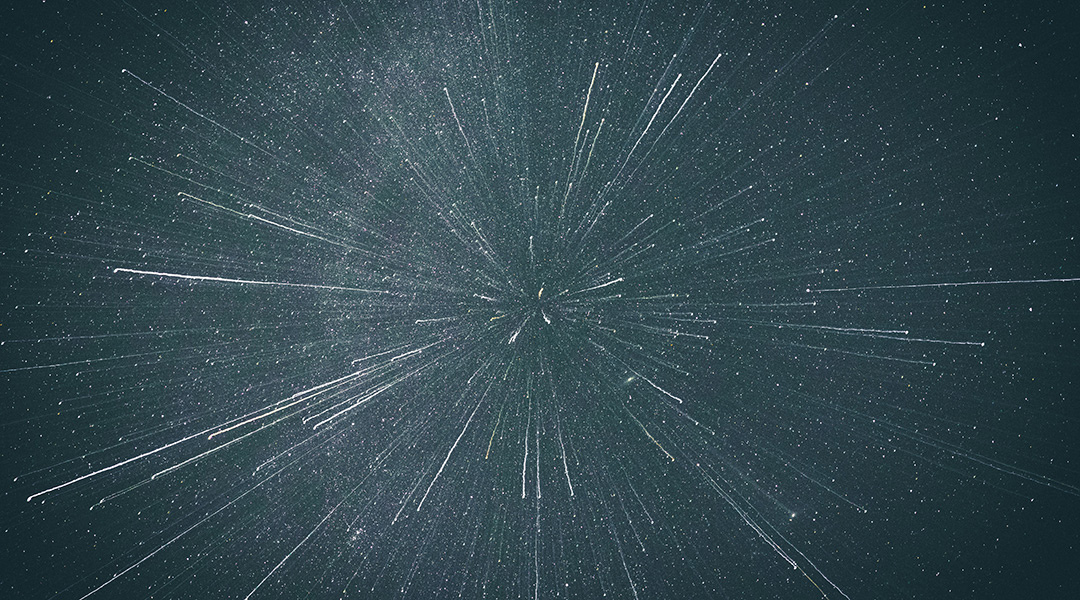
By adding primordial magnetic fields to the Standard Model, researchers may solve the mystery of the Universe’s expansion.
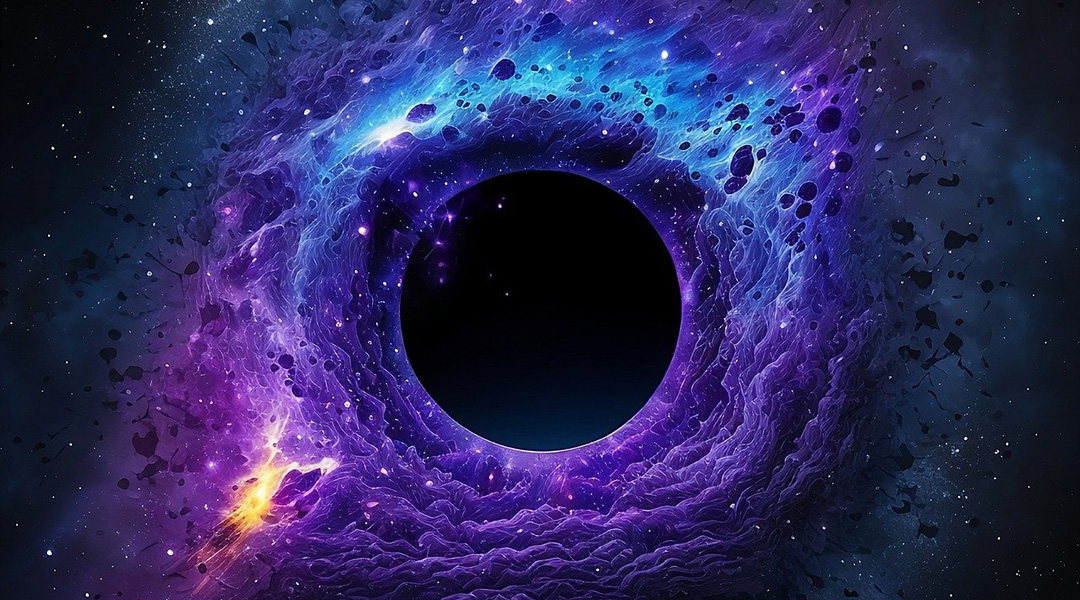
Tiny interactions between dark matter particles may resolve discrepancies between theory and astronomical observations caused by quantum tunneling.
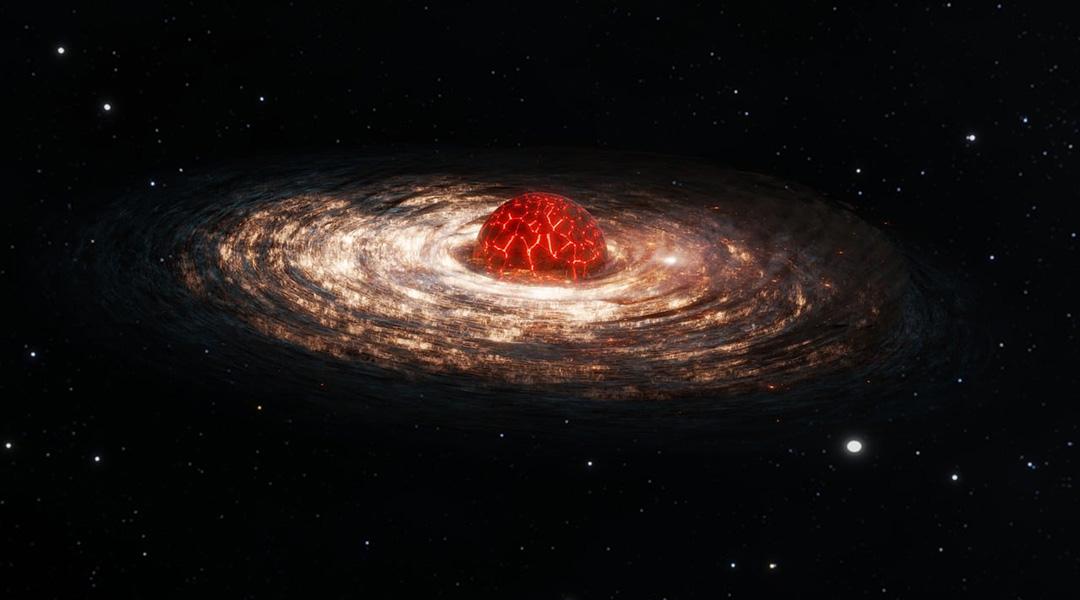
While dark matter’s enigmatic nature persists, Proca stars made of dark photons could help shed light on this cosmic mystery.
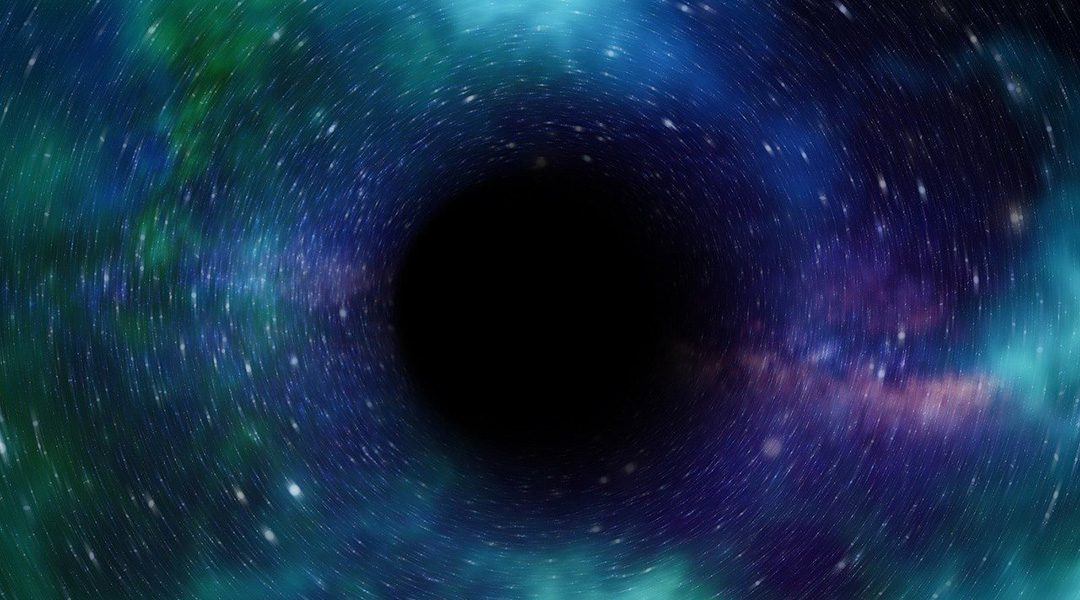
The new findings contradict most observations of supermassive black holes, making this an unprecedented discovery.
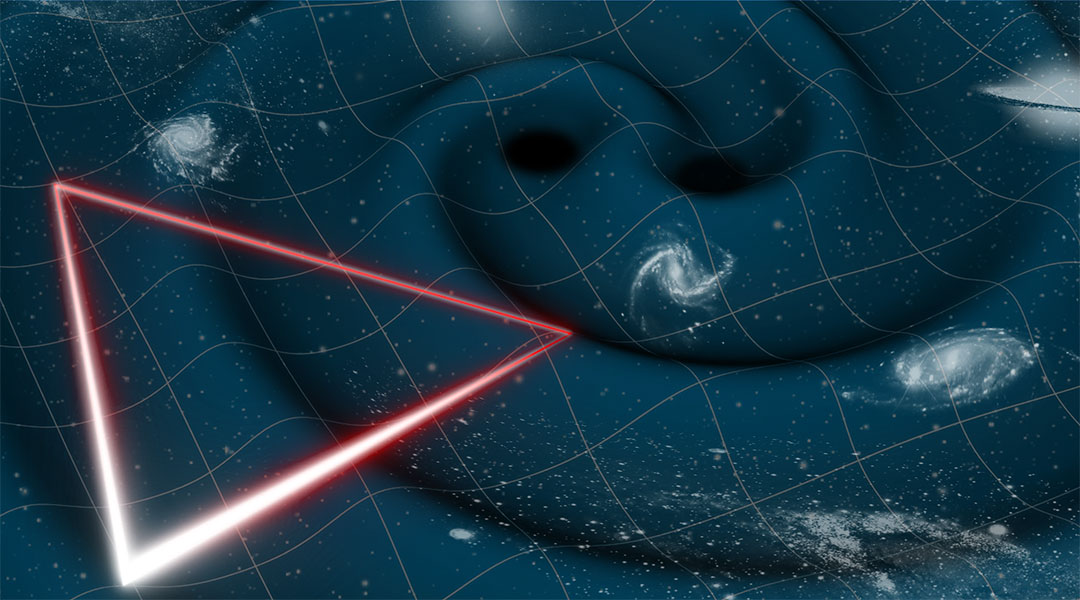
ESA greenlights LISA, a space-based observatory poised to detect gravitational waves across space and time.

Astronomers used the Gaia Space Telescope to say “you are the father” by tracing hot young stars back to their place of birth.
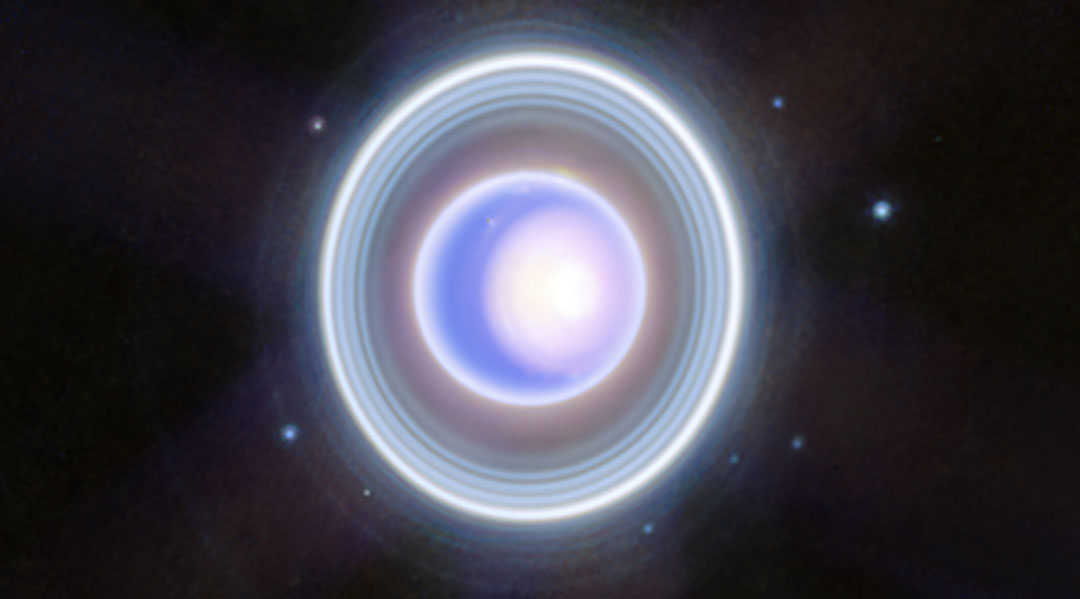
The powerful telescope gave space fans an early Christmas present in the form of a detailed image of Uranus, observed using infrared light.
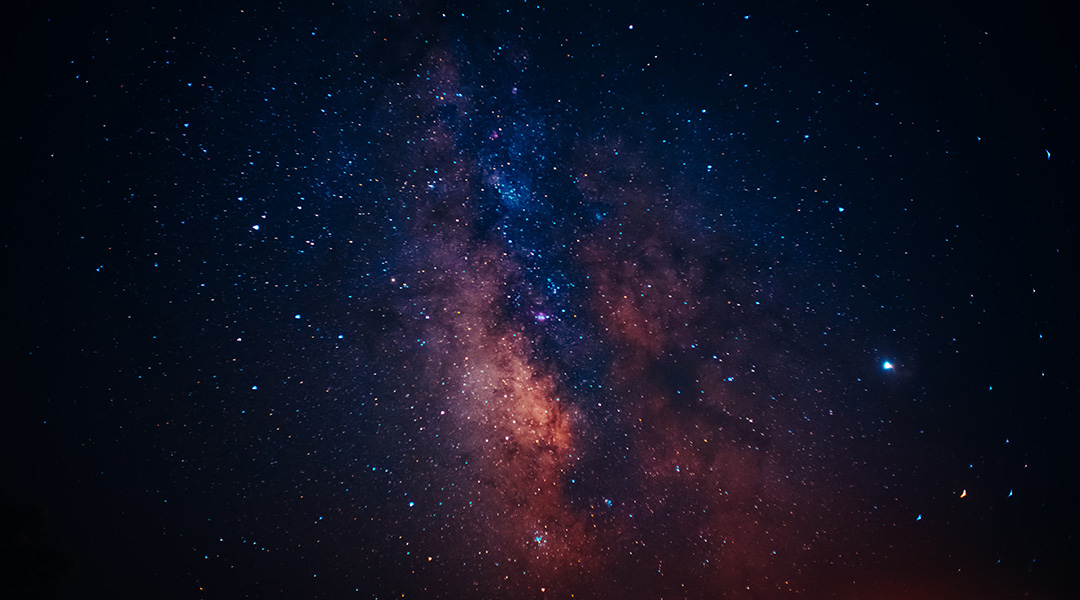
The twenty gravitationally connected galaxies extend through the early Universe for millions of light years.